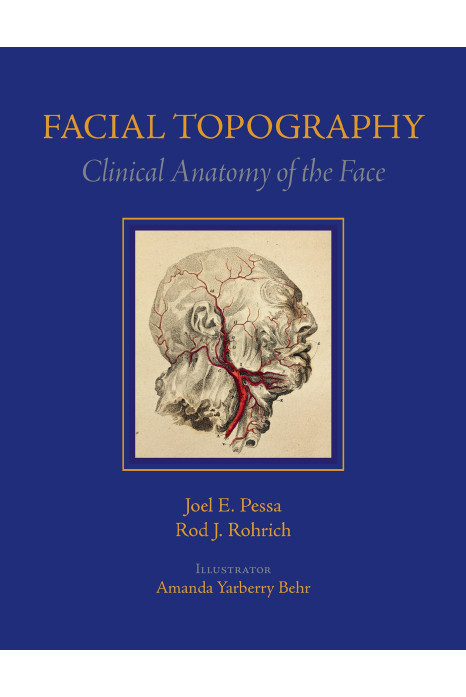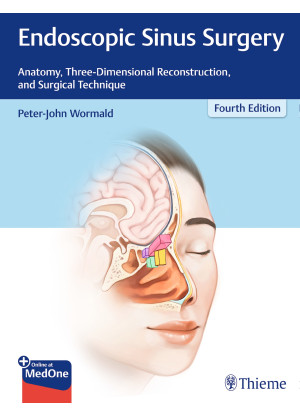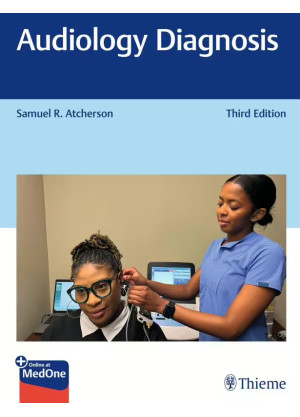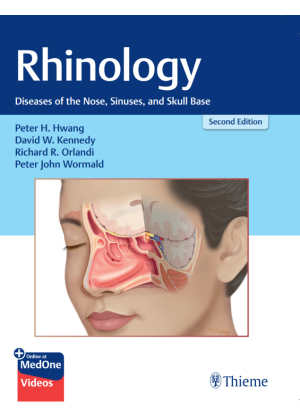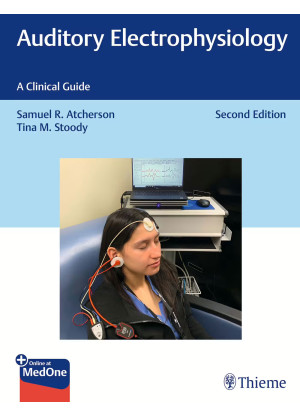The difference in the shapes of facial structures and their relationship to one another determines the unique and distinct appearance of each individual. This anatomic information is critical to diagnosing changes in facial topography that occur with age and in determining the best approach for augmenting and rejuvenating the aging face. Facial Topography: Clinical Anatomy of the Face provides a critical roadmap for navigating the underlying anatomy of the face. It is the first work of its type that uses cadaver dissections paired with detailed medical illustrations to depict the soft tissue surface landmarks of the face-shapes, contours, creases, and lines.
This beautifully illustrated semi-atlas is packed with clinical information to help improve surgical outcomes. The book places particular emphasis on describing surface landmarks to help predict the location of deeper structures. This knowledge increases the safety of any facial procedure, because the surgeon knows the course and location of blood vessels, muscles, and nerves.
The book includes advice on determining the best placement of injectables to achieve a predictable and aesthetic result and to avoid complications, and also helps surgeons understand the ideal placement of fillers for facial augmentation. In addition, the basic dissections provide essential information for all residents and practitioners operating in the face. Anatomic tenets are described that can be applied to any anatomic region and key clinical points are highlighted throughout. A supplemental DVD includes video demonstrations of dissections and other clinical applications in each anatomic area of the face.
